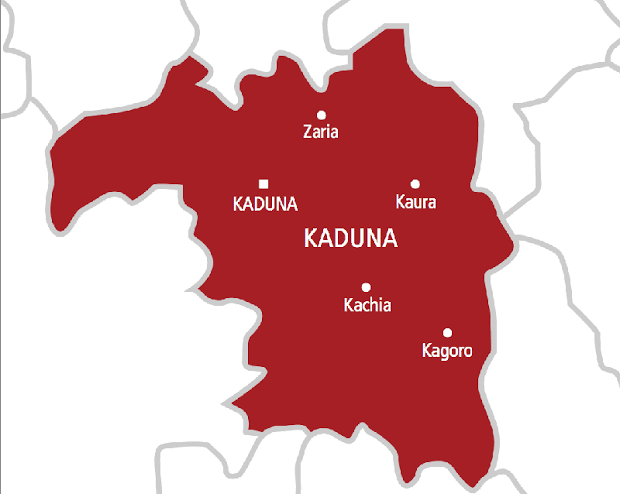Africa
Hon. Rayyan Hussein: Redefining Inclusive Governance in Kaduna South Local Government -By Umar Sani Naallah
From a communication standpoint, this openness fosters trust and builds a strong feedback system between the government and the governed. Citizens who feel heard are more likely to support government initiatives and participate actively in community development. By making communication two-way, Hon. Rayyan has transformed public perception of local leadership; from authority to partnership.

Citizens across Nigeria are increasingly demanding transparency, accountability, and participation in governance, and Kaduna South Local Government is emerging as a shining example under the leadership of Hon. Rayyan Hussein. His administration reflects a new model of grassroots governance that prioritises engagement, openness, and shared responsibility among all stakeholders.
The leadership style in play in this part of the country stands out for its deliberate inclusivity. Rather than governing from a distance, he has built bridges with the very people he serves. From technocrats and business owners to religious leaders and youth representatives, his administration recognises that sustainable development requires a collective vision. This approach has transformed local governance from a closed system into an open conversation between the government and its citizens.
A key aspect of this transformation is the reformation of the existing School-Based Management Committee (SBMC), the establishment of Education Committee,
Health Committee among others. These committees are more than bureaucratic structures; they embody citizen involvement in planning, execution, and monitoring of the local government initiatives. By empowering residents to contribute directly to policy direction and oversight, the chairman has embedded accountability into the heart of local administration.
Perhaps one of the most forward-thinking moves of his administration is enrolling Kaduna South Local Government into the Open Government Partnership (OGP); a global initiative that champions transparency and civic engagement. This decision has already positioned Kaduna South among the few local governments in Nigeria aligning with international standards of open governance. His participation in the recently concluded OGP Global Summit in Spain further reflects his commitment to learning from global best practices and applying them locally for greater impact.
Yet, beyond institutional reforms, what makes Hon. Rayyan’s governance model deeply human is his accessibility. He remains one of the few local government chairmen who personally responds to messages sent via WhatsApp, Facebook, or SMS, and who maintains an open-door policy for all citizens. This level of responsiveness has become a hallmark of his leadership and a practical demonstration of democracy at work. He always says, and I quote, “I have to attend to everyone who came to see me; I am their servant.”
From a communication standpoint, this openness fosters trust and builds a strong feedback system between the government and the governed. Citizens who feel heard are more likely to support government initiatives and participate actively in community development. By making communication two-way, Hon. Rayyan has transformed public perception of local leadership; from authority to partnership.
As Kaduna South continues on its path of progress, it offers valuable lessons for other local governments across Nigeria. Effective leadership is not about commanding from above, but about listening, collaborating, and co-creating solutions with the people.
Hon. Rayyan Hussein’s tenure is proving that inclusive governance is not just a political slogan, but a practical route to sustainable development. Kaduna South’s story shows that when leaders lead with openness and empathy, communities thrive and governance truly becomes a shared journey.
Umar Sani Naallah,
Good Governance Advocate

























